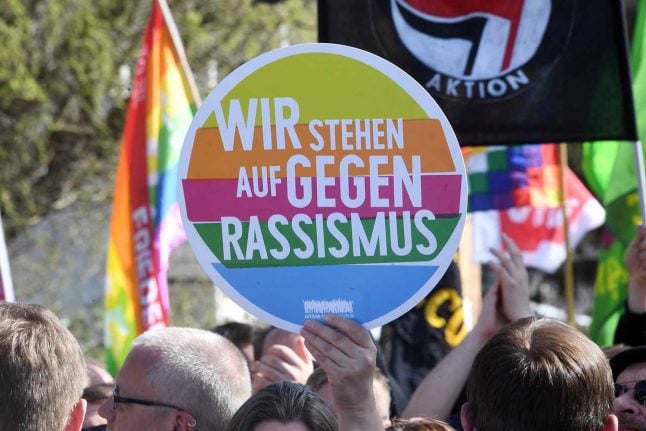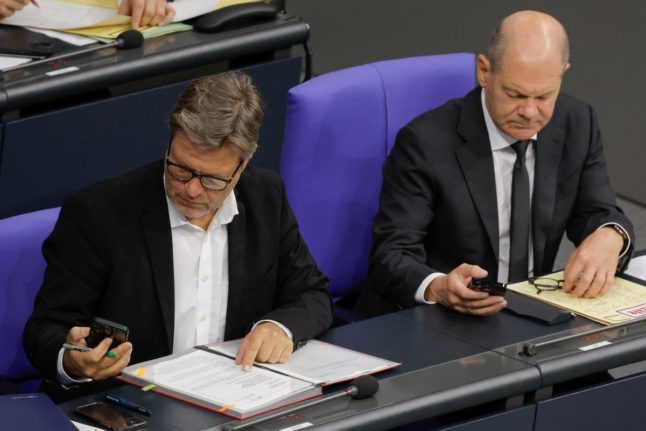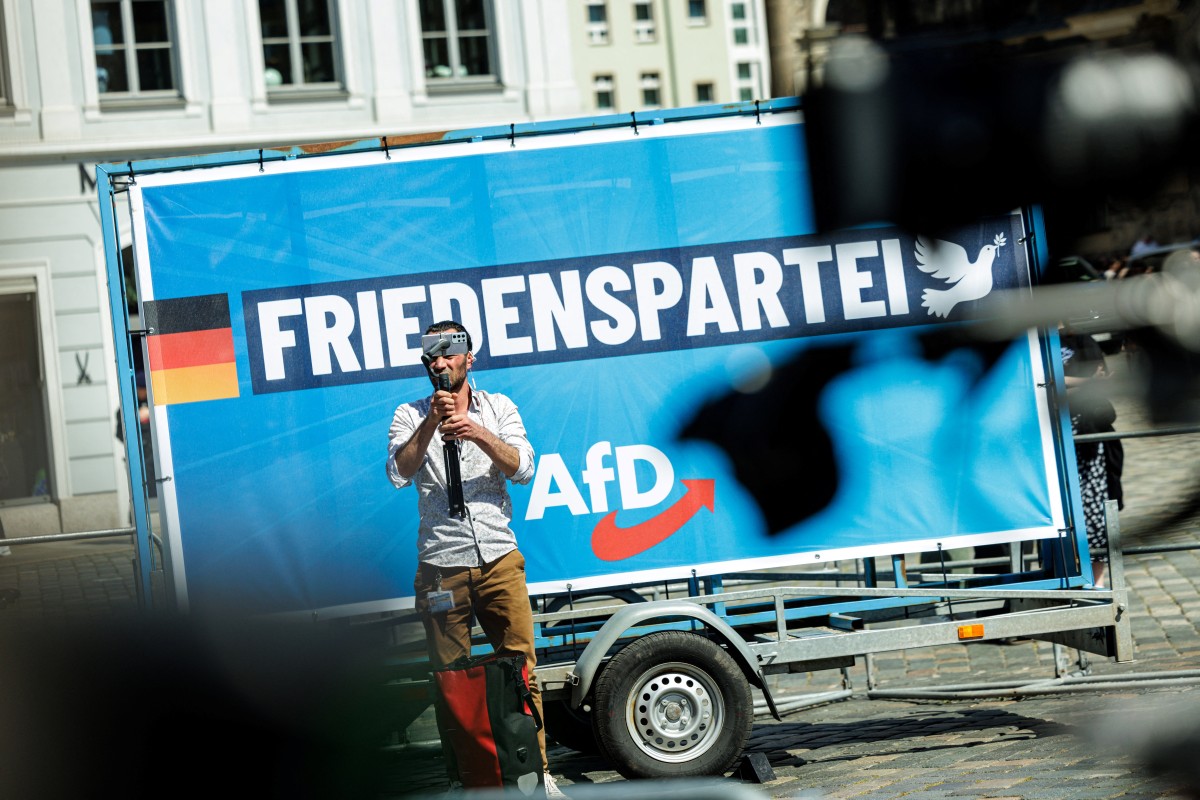Almost two-thirds of Germans think that racism is a big problem in the country, a new survey has found. The survey, conducted across Germany and released late on Thursday evening, indicated that 47 percent of Germans consider racism to be a “big problem” while a further 17 percent regard racism as a “very big problem” in Germany.
A further 30 percent considered racism to be a “small problem”, while five percent answered that racism in Germany was “not a problem at all”. The survey – known as the Germany Trend Poll (Deutschlandtrend) – was conducted by Infratest Dimap, a Berlin-based polling and research organisation. The poll does not make clear who respondents thought suffered most from racism, or whether racism could also be directed against Germans.
The view that racism is a significant problem was largely similar regardless of whether respondents came from a migrant background (68 per cent) or not (63 per cent). There was also a broad degree of agreement across the political spectrum – with one obvious and notable exception.
SPD and CDU supporters backed the assertion that racism was a big problem in Germany (77 and 59 percent respectively), while Die Linke and the Greens supporters also agreed (73 and 77 per cent).
Alternately, only 37 per cent of AfD supporters said that racism was a big problem.
In the wake of the Mesut Özil saga and against the backdrop of the rising popularity of the AfD, the level of concern is perhaps not as surprising as it might have been a few years ago. However, the unified nature of the responses poses concern for advocates agitating for a greater degree of integration for newer arrivals as well as those with a migration background.
Perhaps most surprising was the difference between the former East and West Germany, with eastern residents more likely to consider racism as a big problem (71 per cent), than those in the west (62 per cent). The former West has a longer history of immigration while the East has seen higher levels of support for the right-wing AfD party.
Oddly, 38 per cent of AfD supporters considered long-term integration in Germany to have been successful, while 62 per cent of non-AfD respondents made the same assertion.
The other major finding to come out of the study was the level of concern for the elderly, with worries about health care for the elderly the principal political issue concerning respondents (69 per cent). Only 39 per cent of respondents found that the country’s asylum and refugee policy was their principal concern.
p.p1 {margin: 0.0px 0.0px 0.0px 0.0px; font: 12.0px Helvetica}
p.p2 {margin: 0.0px 0.0px 0.0px 0.0px; font: 12.0px Helvetica; min-height: 14.0px}




 Please whitelist us to continue reading.
Please whitelist us to continue reading.
Member comments